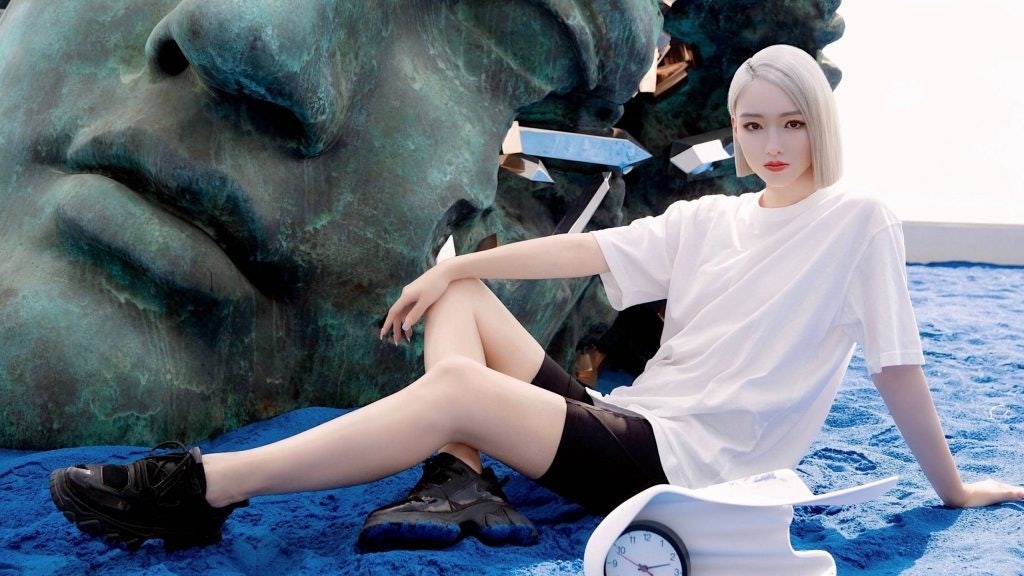Beijing’s latest crackdown on celebrities, idols, “effeminate males,” and “extravagant pleasures” has made many Chinese parents who hope to “curb addiction” and destructive behavior in minors very happy. But retailers might fear this clampdown could hurt their bottom lines.
Since the luxury industry has become over reliant on brand ambassadors and idols in China, it is safe to say that this crackdown will have a powerful impact. According to data from iiMedia Research, China’s virtual idol industry was worth an estimated $540 million in 2020, an increase of 70.3 percent year-on-year, and could reach $970 million in 2021. Therefore, let's look at how this phenomenon will affect global luxury.
Recalibrating the marketing plan#
Necessarily, luxury retailers will need to shift from celebrity influencers to cultural opinion leaders and creative tastemakers. Micro-influencers who command higher engagement rates, own sound positions in niche markets, and show high levels of expertise will also win in this new context. Naturally, these new opinion leaders will also have to be “party-approved” and “promote socialist core values.”
In this setting, luxury brands will struggle to create authentic brand experiences that resonate with both global and Chinese consumers. In fact, embracing patriotic marketing in China and pursuing stronger connections with Communist idols could negatively impact a brand’s global image.
Virtual influencers will gain more power#
Teens are already hooked on the digital world, and the retail industry has followed them into the metaverse.
But on the flip side, older consumers (millennials, Gen Xers) have been feeling influencer fatigue. Consequently, brands have replaced celebrity endorsements with less-scandalous alternatives, like virtual idols and computer-generated, animated figures.

Abandoning expensive promotional campaigns that star idols would significantly reduce marketing costs while allowing brands to focus on digital campaigns that attract novel consumers. However, luxury brands need to tread carefully because not all consumer groups are fans of the virtual universe.
The phenomenon of#
“pinkwashing”#
and how brands could lose emerging audiences#
LGBTQ+ voices have been marginalized in China, but the recent media clampdown on “effeminate men” could push gay and bisexual consumers into hiding. And then luxury brands could lose the many opportunities that the "pink economy" holds.
By following China’s strict marketing guidelines, premium and luxury labels will struggle to create authentic brand experiences that resonate with both global and Chinese consumers.
China's gay economy is worth between $300 to $500 billion annually, reaching around 70 million people, according to Daxue Consulting. But if censors ban gay content, inclusive marketing campaigns will slowly disappear. Meanwhile, MNCs who promote “gay pride” in the West or position themselves as inclusive, diverse, and equitable will tarnish their reputations and appear hypocritical if they stay silent on gay rights in China.
The rise of new escapist experience#
The New Yorker describes Chinese college students as “anxious, stressed, overworked, and trapped in a status race.” And this highly competitive Chinese education system has pushed young adults to seek more escapism. Previously, exhausted teens and young adults turned to variety shows, dramas, and music idols for recreation. But now, they have shifted away from idol worship and toward new escapist experiences.

We foresee a stronger focus on online shopping as consumers seek entertainment and emotional connections in the virtual world. Retailers prioritizing the gamification of NFTs and focusing on 3D and VR experiences will create successful escapist experiences in the digital sphere. Moreover, omnichannel sales will completely replace single-channel interactions as consumers continue to demand personalized and dynamic experiences.
On the whole, a greater immersion in the virtual world would benefit luxury conglomerates because they already have unique competitive advantages (know-how, financial capital, etc.) that set them apart from younger and more local business rivals.
